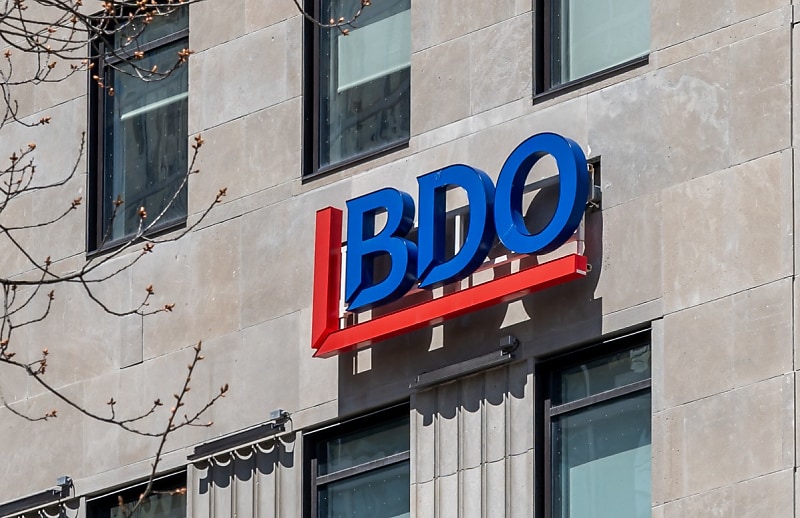Trust taxation ‘in urgent need of review’, government told
BusinessThe trust taxation rules are unnecessarily complex and imposing a rising compliance burden on small to medium businesses using them, says the IPA and BDO.

The trust taxation rules are in urgent need of review with the current antiquated model “ill equipped to deal with the current commercial environment”, both the IPA and BDO have told the government in the lead up to the federal budget.
In its pre-budget submission, BDO said the trust taxation rules can be unnecessarily complex, particularly those in relation to taxation trustees and beneficiaries.
The existing trust taxation rules are extremely convoluted and complex in their application with many moving parts to consider, the accounting firm said.
“This complexity is not helped by the application of the rules relying on a combination of trust law concepts which are largely sourced from common law principles - some of which are very old - and tax law concepts from tax legislation and more recent cases,” the submission said.
“The application of a mixture of law creates much complexity in defining essential terms and in applying the trust taxation rules correctly.”
Given the complexity of the existing rules, BDO has called for the trust taxation rules be rewritten such that essential terms are easily defined and that the compliance requirements for taxpayers can be easily understood and complied with.
BDO gave the example of the Section 100A provisions which are incredibly complex in their interpretation and application.
“BDO appreciates that there are instances where taxpayers engage in reimbursement arrangements to obtain a tax benefit and that these practices undermine the integrity of the trust taxation rules,” the submission said.
“However, the wording of Section 100A of the ITAA 1936 is convoluted and unclear in its application. Further, recent cases, ATO rulings and practical compliance guidelines in relation to section 100A cast further doubt over its practical application as opposed to providing taxpayers with certainty.”
The accounting firm has called for section 100A be rewritten in simpler language such that it is punitive to taxpayers entering into targeted arrangements whilst not creating unnecessary complexity and uncertainty for taxpayers entering into low-risk arrangements.
The government should also consider repealing section 99B, which was originally intended to prevent the sheltering of income in foreign trusts for the benefit of Australian beneficiaries.
“Targeted arrangements involved the accumulation of foreign income in a foreign trust as trust capital and the trustee making a non-assessable distribution of trust capital to an Australian resident taxpayer,” the submission explained.
“However, section 99B can apply to other situations such as where a migrant to Australia who becomes a resident and then receives a distribution from a foreign trust that has accumulated income before the migrant became a resident of Australia. This is the case whether or not the accumulated income in the trust has been subject to foreign tax.”
BDO said that with much of the mischief that section 99B was originally aimed at is now successfully dealt with by the transferor trust rules, the government could consider appealing the rules.
“If it is considered section 99B is still required, it should be rewritten such that they target and apply only to the situations intended,” it said.
“The wording of these provisions is very general in nature and broad spectrum in its application. [The provisions] should be amended to make it clear that it applies only to the application of foreign sourced amounts that have not been taxed in any country and accumulated in a non-resident trust for the benefit of Australian resident beneficiaries while they are Australian residents.”
The IPA submission said that in the absence of an appetite for broad trust tax reform, the administrative burden placed on trustees and their advisers must be stemmed.
“A lot of the small and medium businesses using these structures are not aware of the complex administrative issues associated with their use and are unwilling to pay for specialist services to help them navigate these risks,” the IPA said.
“A review of the taxation of trusts is overdue and some balance between upholding the integrity of the existing regime, whilst minimising the compliance burden is urgently needed.”



